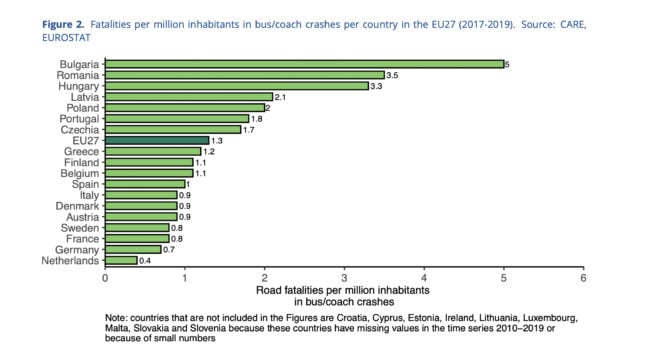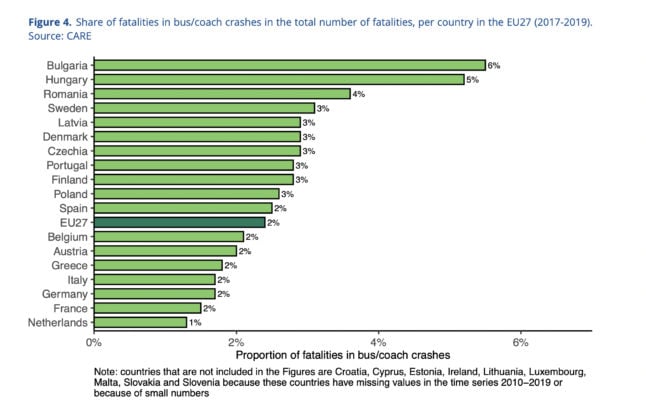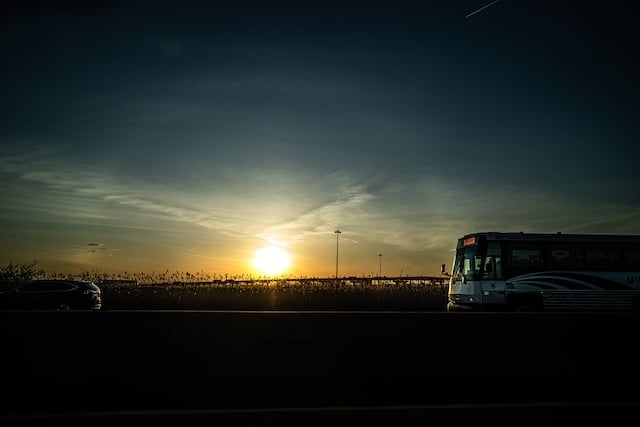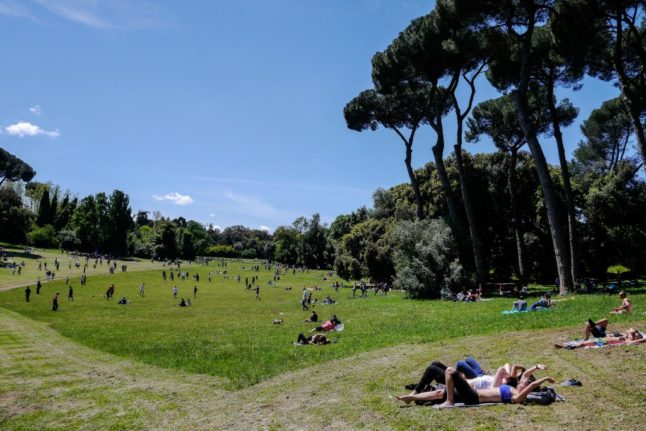Italian authorities on Wednesday were working to understand how a bus in Venice caught fire, before plunging tourists and families off a bridge in a deadly crash.
The bus was travelling from the historic centre to a campsite when the accident occurred.
As the tragic incident dominates international headlines, people planning to travel in Italy may understandably begin to question the safety of bus travel in Italy – or of travel on the country’s roads generally, after road safety campaigners on Wednesday blamed the crash on a lack of investment in road safety equipment.
Italy has previously experienced bus crashes, injuring and killing tourists. In July 2018, a bus taking 50 holidaymakers back to Naples fell off a viaduct near the city killing a total of 40 people.
In August this year, a bus carrying Ukrainian tourists was involved in a crash near Trieste, inuring 15 people, including seven children.
Some of Italy’s more precarious, narrow roads, such as those along the Amalfi coast, have been the site of bus accidents. In May this year, a tourist bus plunged off the edge of a cliff and fell 20 metres, instantly killing the driver. All 32 tourists had already been dropped off at their hotel.
Such disasters are however thankfully rare.
For tourists concerned about travelling in Italy by bus, according to the statistics, you needn’t be. While bus crashes in Italy are widely reported, the figures show that they cause far fewer injuries or deaths than car accidents do.
On a global scale, Italy fares well in terms of its bus safety records, due to it being a developed nation with higher safety regulations. Standards in vehicle maintenance and driver training are among the factors that reduce the risk.
And even on the European level, Italy is statistically one of the safest countries in terms of bus travel.
The European Commission gathers data on road accidents through the CARE database (Community database on Accidents on the Roads in Europe).
In terms of fatalities due to bus and coach crashes, Italy has one of the lowest rates across the EU, according to CARE’s latest data in its 2021 report.
The country recorded 0.9 deaths per million inhabitants between 2017-2019, which places Italy below the EU average of 1.3 and far behind Bulgaria’s 5 – the country with the highest amount of fatalities due to bus accidents.

Overall, the number of deaths per million inhabitants is higher in bus and coach crashes in the eastern part of the EU.
Italy appears right at the bottom of the list, along with Germany, France and the Netherlands, for the share of overall road fatalities due to bus and coach crashes.
2 percent of all road crash deaths in Italy are from bus accidents, the report indicated.

Data show that travel by bus in Italy is actually getting safer, too.
The number of those killed in a bus or coach crash has decreased in Italy by 30 percent, in the period 2017-2019 compared to 2010-2012.
A more common risk tourists face if travelling by bus is the possibility of theft or pickpocketing.
Although still not a huge risk, as is the case with travelling in many tourist destinations, it’s advisable to keep an eye on your bag while using Italy’s buses.



 Please whitelist us to continue reading.
Please whitelist us to continue reading.
Member comments